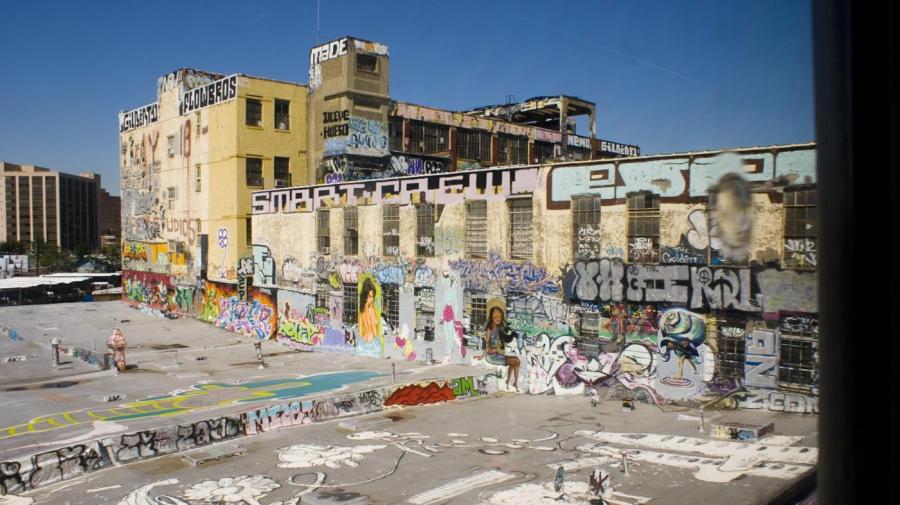What Are the Effects of Urban Decay?

Urban decay can fragment families, cause loss of jobs, result in depopulation, promote crime, lead to loss of political privileges and contribute to deindustrialization, reports Boundless. Poverty is the main cause of urban decay. A city that falls into urban decay may recover from its social economic challenges or require rebuilding. Changes in government policies on economic activities and failure of communication and transport infrastructure contribute to urban decay.
Boundless notes that urban decay within a section of a city results from changes in urban planning, isolation from main roads, strict rent controls and legal restrictions on immigration. Cities which have experienced urban decay are characterized by dirty, isolated, inhospitable and ruined buildings. The concept of urban decay was postulated during the Industrial Revolution, when millions of immigrant workers moved to towns in search of jobs, then became impoverished due to social and economic changes.
Failure of local amenities and public services also contribute to urban decay. Urban renewal policies have been adopted and implemented, through the construction of cheaper houses for the poor within urban environments, in the pursuit of overcoming the effects of urban decay. When cities are not economically unsustainable, urban decay becomes inevitable. Failure of the manufacturing power of a city or changes in trade agreements have also been associated with urban decay.





